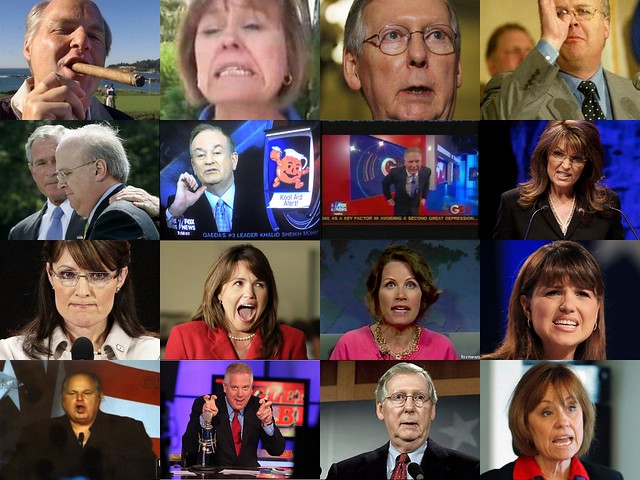The U.S. press, particularly television news, is credited with bringing the Vietnam War home to millions of Americans, thus inciting their impassioned opposition. Walter Cronkite's doubts about the war, which he voiced on-air following the 1968 Tet offensive, are often considered to have turned the tide of public support against the war.
However, before mid-1967 not even tentative criticism of U.S. war aims or policies appeared in the mainstream media. Even when many respected sources began to express their dissent, the media continued to give the administration's views on the war the largest amount of coverage.
From 1945 to 1954, the United States spent several billion dollars supporting a ruthless French colonialism in Vietnam, but the American public was never informed of this. In the following decade Washington assumed full responsibility for the maintenance of the South Vietnamese right-wing dictatorship, but the public neither read nor heard a word of debate in the media about this major policy commitment.
In 1965 the U.S. government began a massive buildup of ground forces in Vietnam, but Americans were told the troops were merely a small support force. The New York Times and other major news agencies knew the real nature of the escalation but felt it was in the "national interest" to keep this information from the public.
As press critics have pointed out, the media, with few exceptions, censored the worst of the war, saying almost nothing about the massive saturation bombings of Vietnam, Cambodia, and Laos, the "free-fire" zones, U.S.-sponsored torture, the Phoenix death squad program, the massive destruction of Indochinese rural life, the indiscriminate killing of the civilian population, and the dumping of 12 million tons of Agent Orange and other toxic chemicals on the countryside.
Even in the final years, media coverage was remarkably unwavering in its support for the war. A survey of the editorial stance of thirty-nine leading American newspapers at this time found that while several eventually became more critical of the U.S. military escalation, not one advocated withdrawal from Vietnam, despite the strong antiwar sentiments expressed by millions of people in the U.S. and abroad.
A study of TV coverage between 1968 and 1973 found less than a quarter of the stories of a 180-program sample concerned Vietnam, and only rarely did the stories include pictures of combat. Pictures of the dead or wounded were featured in only about 2 percent of war-related reports; American battlefield dead were never shown; body counts appeared only as pictureless statistics. A study funded by the U.S. Army in 1988 rejected the notion that negative press coverage was responsible for eroding public support for the war. The American people were alienated not by the news coverage but by the casualties.
After the war, the news media tried to put the best face on U.S. involvement, describing it as either a well-intentioned venture gone awry or a foolish mistake.
"Left out of this view was any thought that (our leaders) had waged a horrific war in support of a dictatorship and against a largely civilian population to prevent a popularly supported but (communist) social order from gaining power." (Parenti, p 176).
Relying on the establishment news media, America was left with the impression that the U.S. defeat in Vietnam, rather than the murderous intervention itself, was the only thing Americans needed to regret.
Source: Inventing Reality: The Politics of News Media by Michael Parenti (1986)

No comments:
Post a Comment